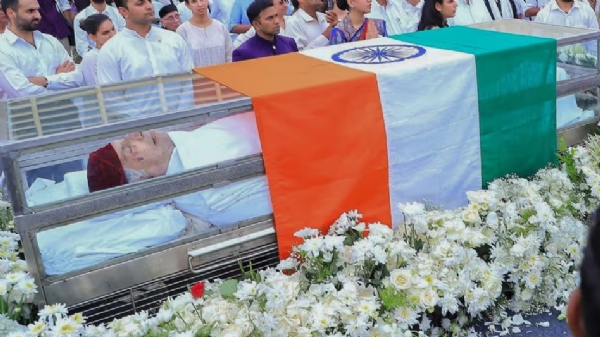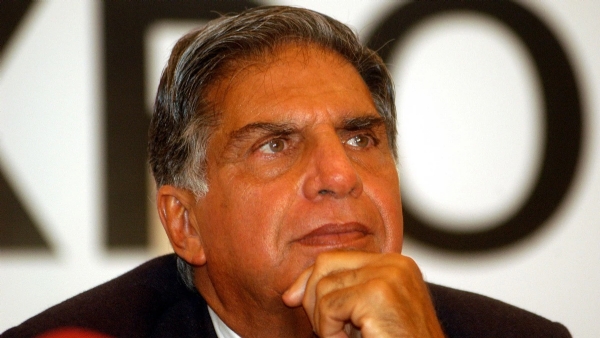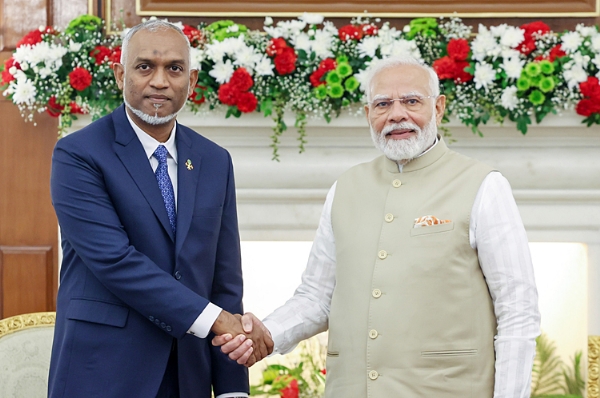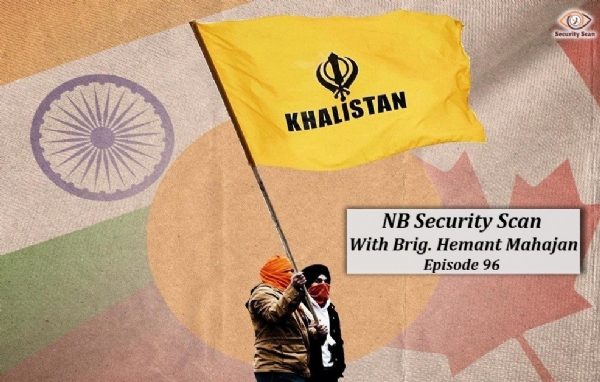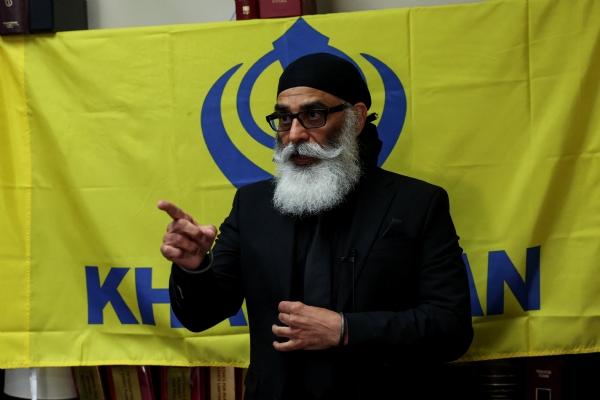Escalating Tensions Between India and Canada
The ongoing diplomatic crisis between India and Canada has reached new heights, with Canadian Prime Minister Justin Trudeau accusing India of involvement in the June 18, 2023, killing of Khalistani terrorist Hardeep Singh Nijjar in Surrey, British Columbia. Trudeau's claim that India masterminded the killing, allegedly based on US intelligence, was quickly debunked. While US intelligence did provide Canada with raw data after Nijjar’s murder, Trudeau misrepresented it to bolster his accusation.
Khalistani Extremism: A Growing Threat
Khalistani militants, active in both Canada and California, are heavily involved in organized crime and gang violence. Historically, when US intelligence becomes aware of assassination plots, it alerts both allies and enemies. In this case, the chatter surrounding Nijjar’s murder was routine and non-specific. However, Trudeau's reckless mischaracterization of the situation has led to a significant diplomatic fallout with India.
Trudeau's Political Missteps and Domestic Backlash
Trudeau's false accusation has not only damaged Canada-India relations but also alienated his own citizens. After almost nine years in office, Canadians are growing increasingly frustrated with Trudeau's progressive virtue signaling and lack of competence. His administration has been plagued by draconian COVID-19 restrictions, economic instability, and corruption scandals. Trudeau’s latest misstep, aimed at securing votes from Sikh militants in key districts, has backfired.
Intelligence Misuse and Diplomatic Fallout
By misusing intelligence from the "Five Eyes" alliance for political gain, Trudeau has jeopardized Canada’s standing within the group. Both the Central Intelligence Agency (CIA) and the National Security Agency (NSA) were reportedly angered by Trudeau's attempt to manipulate them, as confirming or denying his claims could compromise sources and methods. This careless move has strained intelligence-sharing cooperation, putting Canada at odds with its allies.
Misunderstanding Religious Extremism
Trudeau’s failure to differentiate between religious extremism and legitimate religious practice has also contributed to the crisis. The United Kingdom’s Bloom Review on religious extremism, for example, highlights how Khalistani activists manipulate government ignorance to push their fringe agenda. The review concludes that pro-Khalistan activism has a negative impact on the wider Sikh community and should not be tolerated—an insight that Trudeau has ignored.
Canada's Permissiveness Toward Terrorism
By allowing Khalistani militants to operate freely, Trudeau has once again spotlighted Canada’s role as a safe haven for terrorism. Both Trudeau and his father, Pierre Trudeau, have historically turned a blind eye to Khalistani militancy, allowing it to flourish in Canada. This lax attitude has resulted in Canada becoming a base for terror financing and operations directed from abroad.
The Hypocrisy of Western Governments
The selective approach to designating state sponsors of terrorism is evident. While countries like Iran and North Korea are frequently called out for their involvement in terrorism, the West often turns a blind eye to similar behavior within its own borders. This hypocrisy undermines global efforts to combat terrorism. Canada, by sheltering Khalistani extremists, is guilty of the same actions it condemns in others.
The Case for Designating Canada as a Terror Sponsor
Given the long history of Khalistani terrorism, including the deadly Air India Flight 182 bombing, Canada can no longer claim ignorance about the movement's violence. If left unchecked, the Khalistani extremists in Canada could become as lethal as Al Qaeda. Canadian banks, much like the hawala networks used by Al Qaeda, are complicit in financing these terrorist activities.
A Global Call for Accountability
While many countries are taking steps to close loopholes and crack down on illicit funding, Canada appears to be moving in the opposite direction. Countries like Turkey, Pakistan, and Iran have long been criticized for their support of terrorism, and now Trudeau’s Canada risks joining their ranks. To strengthen global institutions and hold countries accountable, India should consider designating Canada as a state sponsor of terrorism for its protection of Khalistani militants.
Time for Action
The West’s tendency to overlook its own complicity in terrorism undermines global anti-terrorism efforts. India, by designating Canada as a state sponsor of terror, can send a powerful message. Financial crackdowns, arrests, and extraditions—not political posturing—are the true paths to defeating terrorism. If Canada wishes to avoid further scrutiny, it must enact substantive reforms and cease its support for Khalistani militants.
The Consequences of Canada's Support for Khalistani Extremists: A Diplomatic and Security Crisis
Sikh Militancy in North America
Sikh militants in both Canada and California have been linked to organized crime and gang violence. When the United States has information regarding imminent assassinations, it generally warns both allies and adversaries. For example, over two decades ago, the U.S. warned Iran's Supreme Leader Ali Khamenei about an assassination plot. However, in Nijjar’s case, U.S. intelligence merely provided Canada with routine and indiscriminate communications, not a clear warning about India’s involvement.
Trudeau's attempt to justify his hasty accusations by claiming U.S. endorsement sparked diplomatic fallout. He doubled down, suggesting his government’s actions were based on solid intelligence, though it became increasingly clear this was not the case.
Trudeau's Political Struggles
After nearly nine years in power, Trudeau's administration faces widespread criticism from Canadians, who are frustrated by economic challenges, COVID-19 restrictions, and corruption scandals. Trudeau may have hoped that his accusations against India would bolster his support among Sikh voters in key constituencies. However, his missteps have only worsened his political standing. Polls now show him trailing his conservative rivals by a significant margin.
Misuse of Intelligence and Ignorance of Religious Extremism
Trudeau has shown a lack of understanding by confusing religious militancy with legitimate faith. In contrast, the U.K. has taken proactive steps to address religious extremism. For instance, the Bloom Review, commissioned by the U.K. government, highlighted how Khalistani extremists have used government ignorance to promote their fringe ideology, warning against their disruptive influence on the broader Sikh community.
Canada as a Safe Haven for Khalistani Terrorists
Trudeau’s missteps have brought attention to Canada's longstanding permissiveness toward Khalistani terrorism. Both Justin and his father, Pierre Trudeau, have allowed Canada to become a sanctuary for Khalistani militants, enabling terror financing for a cause directed from afar.
Canada's Role in Global Terror Finance
Despite the devastating 1985 Air India bombing carried out by Khalistani terrorists, Canada continues to allow the movement to flourish. Khalistani extremists could pose as significant a threat as Al Qaeda if left unchecked, especially given the financial support they receive. Canadian banks have been complicit in allowing funds to flow to these militants, just as some hawala agents facilitated financial transfers for Al Qaeda’s attacks in the 1990s and early 2000s.
Unfortunately, Trudeau’s policies now place Canada in the same category as these countries, aligning it with states that are unwilling to confront extremism within their borders.
A Call for Objectivity in Addressing Terrorism
The solution to terrorism lies in financial crackdowns, arrests, and extraditions, not empty political posturing. For the West to regain credibility, countries like Canada must take substantive action to address the extremism they have allowed to grow unchecked.

